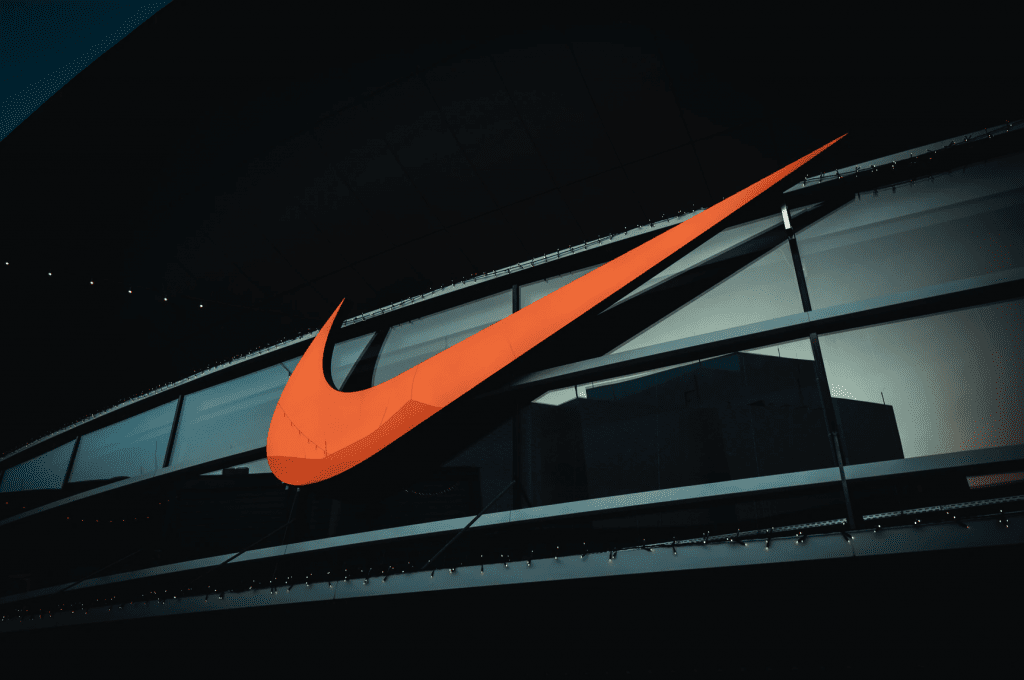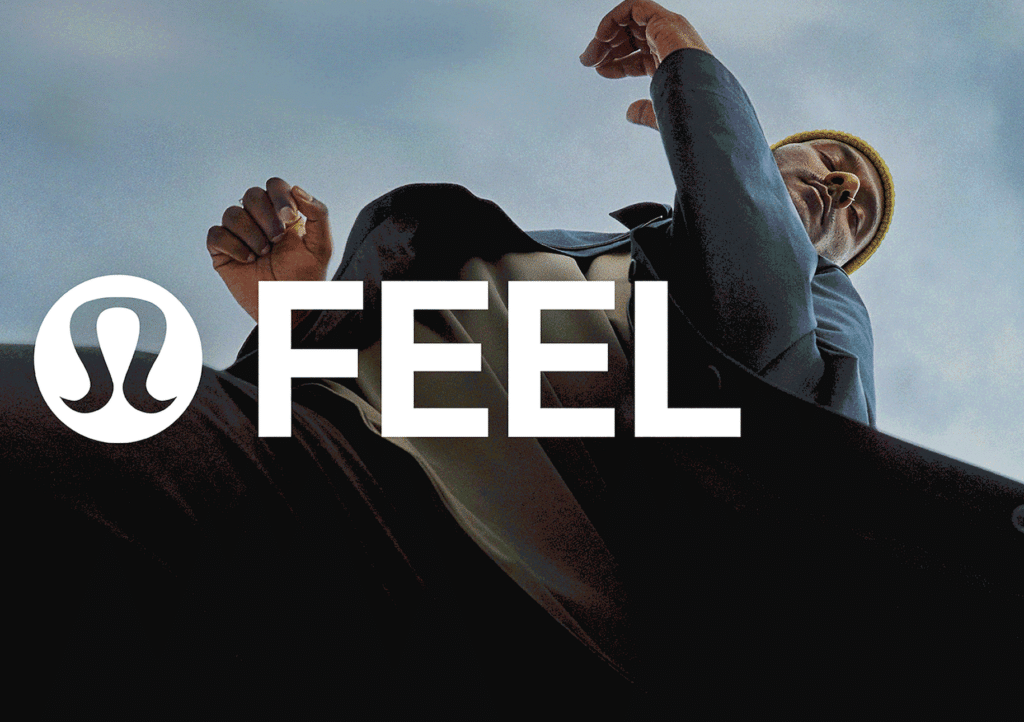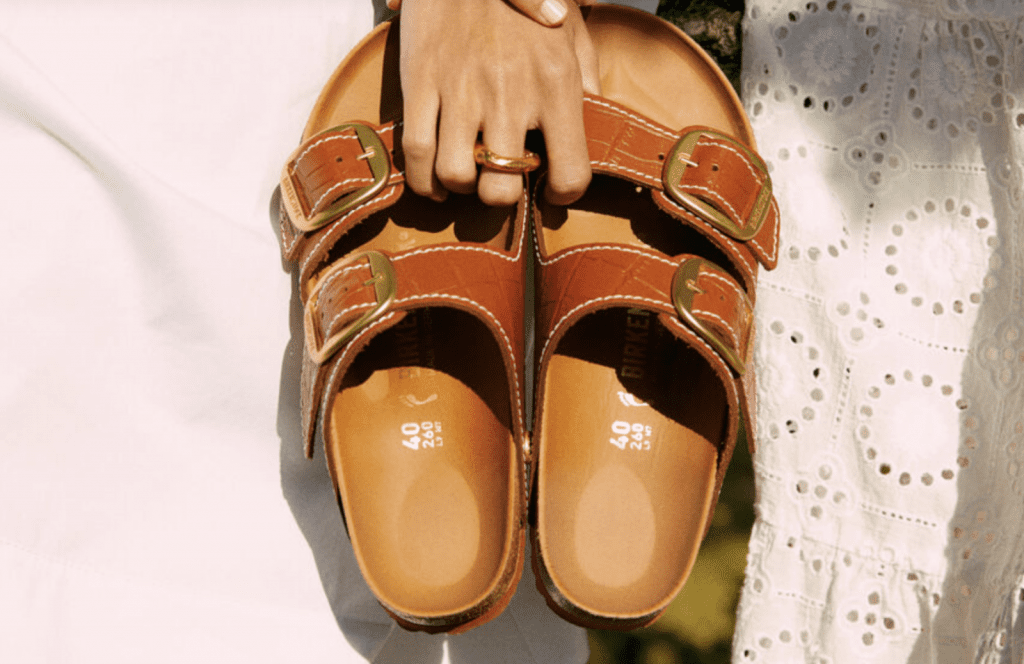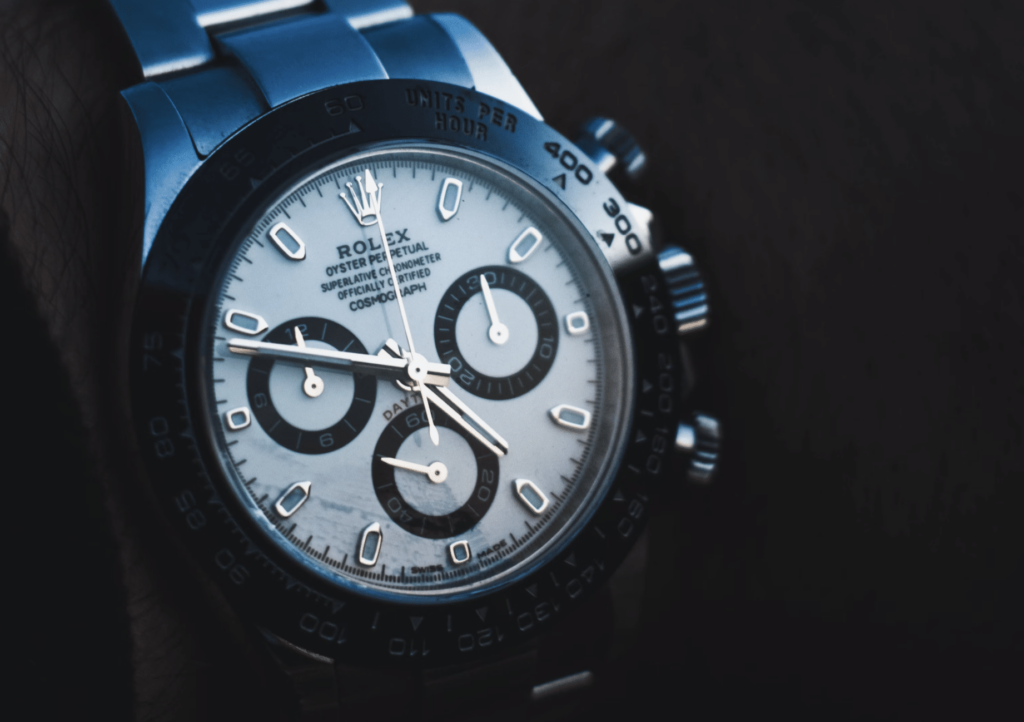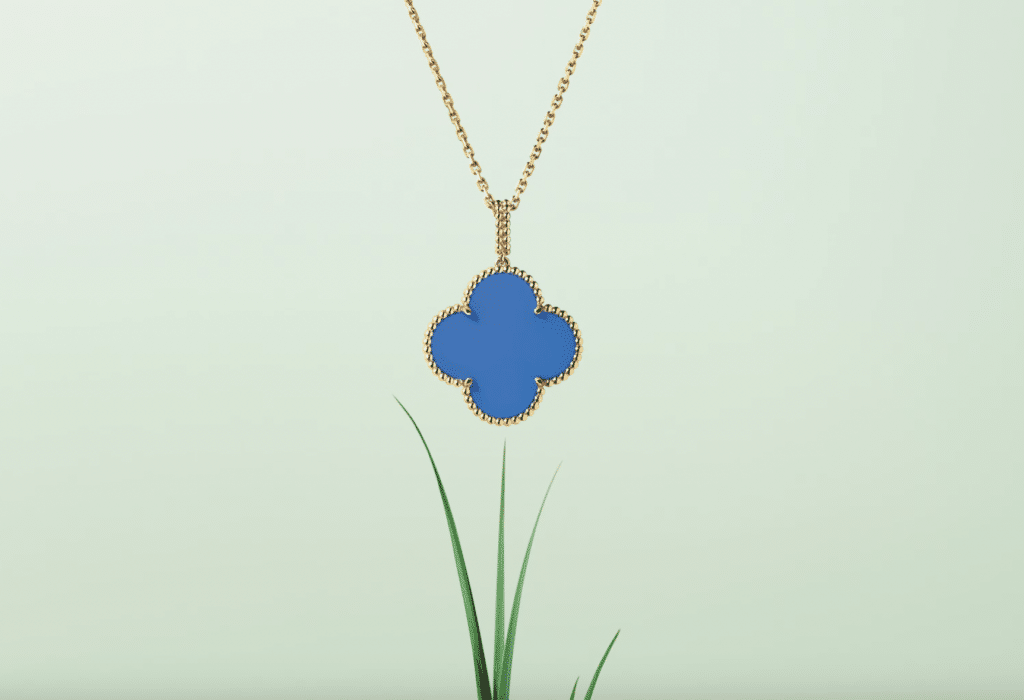Nike filed what is sure to be a closely followed case on Wednesday, naming USAPE LLC – the footwear/streetwear company that does business as BAPE – in a trademark infringement and dilution lawsuit. In the complaint that it lodged with the U.S. District Court for the Southern District of New York, Nike asserts that it has spent decades building robust rights and corresponding goodwill in “some of the world’s most valuable trademarks,” and has “a legal obligation to stop copyists when their infringements pose a significant danger to [its] rights.” One such copyist, according to Nike, is BAPE, whose “current footwear business revolves around copying Nike’s iconic designs” and whose infringements have “recently grown to become a significant danger to Nike’s rights.”
Setting the stage in the newly filed complaint, Nike alleges that since the 1980s, it has “continuously and substantially exclusively used, promoted, and sold sneakers” bearing the Dunk, Air Force 1, and Air Jordan 1 trade dress. As a result of its “continuous and long-standing promotion” of these sneakers, Nike asserts that it has generated substantial sales – it has sold “hundreds of millions of Air Force 1s,” alone, in the U.S, accounting for “billions of dollars in revenue,” and consumers have come to recognize products bearing Nike’s trademarks as coming from Nike or otherwise being authorized by Nike and thus, the company has developed “powerful trademark rights.”
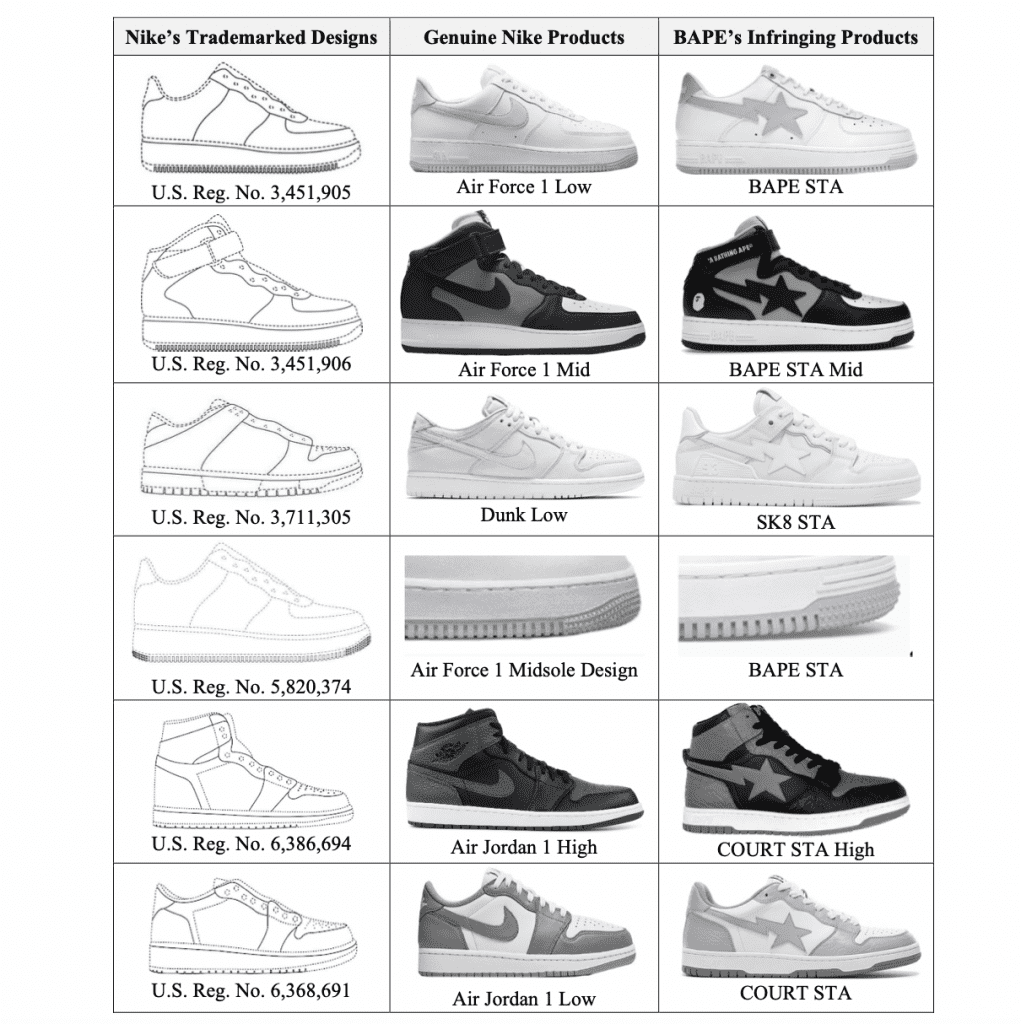
Against this background, the Beaverton, Oregon-based sportswear titan claims that BAPE “introduced its first infringing footwear in the United States in 2005.” Seemingly looking to get ahead of the inevitable claims that BAPE’s counsel will make that Nike waited too long to take action and thus, is subject to various defenses, including laches, acquiescence, estoppel, etc., Nike argues that for the majority of that time, BAPE’s infringement was “de minimis and inconsistent,” and thus, did not warrant legal action. (You will recall that the 10-year-plus lag between when adidas became – or reasonably should have been – aware of Thom Browne’s use of a 4-stripe mark and when it actually filed a trademark suit against Thom Browne over such use was a key argument made by Browne’s counsel leading up to and during the parties’ recent trial).
In particular, Nike states that “at all times prior to 2021,” the quantity of BAPE’s infringing footwear in the U.S. never reached more than “a small fraction of the millions of pairs [of sneakers that] Nike sells annually.” Further defending its decision not to file suit until now, Nike states, “For fifteen years, the presence of BAPE’s infringing footwear in the United States resembled the famous Whac-A-Mole arcade game: infringing products appeared and then disappeared from the United States market for years; BAPE opened stores in the United States and then shuttered them a few years later; and BAPE was purchased by a Hong Kong fashion conglomerate that shifted BAPE’s focus to markets outside the United States.”
Also worth noting: Nike claims that “despite [BAPE’s] minimal presence in the U.S. market,” it, nonetheless, “contacted and met with BAPE in 2009 to address BAPE’s pirating of Nike’s iconic Air Force 1 design and to protect Nike’s intellectual property rights.” Following the meeting, Nike alleges that BAPE “significantly and materially diminished its U.S. activities.” For example, that same year, Nike says that BAPE founder Tomoaki Nagao “stepped down as BAPE’s CEO;” in 2010, BAPE closed “all but one of its U.S. stores;” in 2011, it “shifted its focus from its already waning U.S. presence to its Chinese and Taiwanese audiences following its acquisition by Hong Kong fashion conglomerate, I.T. Ltd.;” and in 2016, BAPE “redesigned the BAPE STA to less resemble Nike’s designs.”
Escalating Infringement
However, circumstances changed in 2021, per Nike, as BAPE began to “drastically increase the volume and scope of its infringement,” “rapidly expanding its physical presence” in the U.S. (opening new brick-and-mortar stores in New York, Los Angeles, and Miami), and introducing various versions of the SK8 STA, the COURT STA, and the COURT STA High models, “all of which are copies of iconic Nike designs.” Specifically, Nike contends that five of BAPE’s footwear products – the BAPE STA, BAPE STA Mid, SK8 STA, COURT STA High, and COURT STA – are “near verbatim copies of [its] Air Force 1, Air Jordan 1, and Dunk sneaker designs” and infringe the registered trade dress rights it maintains in the sneakers.

(Nike’s trademark registrations extend to the overall shape/designs of the aforementioned sneakers – sans the Swoosh logo – including, for example, “the design of the stitching on the exterior of the [Air Force 1], the design of the material panels that form the exterior body of the shoe, the design of the wavy panel on top of the shoe that encompasses the eyelets for the shoe laces, the design of the vertical ridge pattern on the sides of the sole of the shoe, and the relative position of these elements to each other,” for use on footwear.)
Also an issue, according to Nike, CVC Capital Partners Asia V Limited recently “announced that it completed an investment in BAPE to support the expansion of BAPE’s business both online and geographically, with a focus of pursuing the United States market.”
On the infringement front: Nike argues that BAPE’s unauthorized use of the Dunk, Air Force 1, and Air Jordan 1 marks and/or confusingly similar marks runs afoul of its rights in the “famous and well-known” sneakers, as the lookalike sneakers are likely to confuse consumers into believing “in error that BAPE’s infringing products have been authorized, sponsored, approved, endorsed, or licensed by Nike or that BAPE is in some way affiliated with Nike.”
As for its trademark dilution claim: Nike contends that its asserted marks are “commercially and conceptually strong marks, which have become distinctive and acquired a secondary meaning capable of dilution prior to BAPE’s acts as alleged herein.” In particular, Nike says that BAPE’s use of “substantially similar” marks is “likely to dilute [its own marks] at least by eroding the public’s identification of the asserted marks with Nike and by lessening the capacity of the asserted marks to identify and distinguish Nike footwear products.”
Wrapping up the complaint, Nike contends that “BAPE’s copying is and always has been unacceptable … and because BAPE’s infringements have recently grown to become a significant danger to Nike’s rights,” it has no choice but to “act now.” Nike asserts that it “notified BAPE of its infringements and asked it to stop,” but instead of ceasing such alleged infringement, “BAPE continues to escalate its infringing activity,” prompting Nike to “bring this lawsuit to stop [such] unauthorized use of [its] trademarks.”
Nike sets out claims of federal trademark infringement and false designation of origin/unfair competition, as well as trademark infringement and dilution under New York General Business Law. It is seeking injunctive relief to bar BAPE from continuing to make, market, and sell the allegedly infringing footwear, and monetary damages, including an award of three times the amount of compensatory damages and increased profits.
A rep for BAPE was not immediately available for comment.
The case is Nike, Inc. v. USAPE LLC, 1:23-cv-00660 (SDNY).




